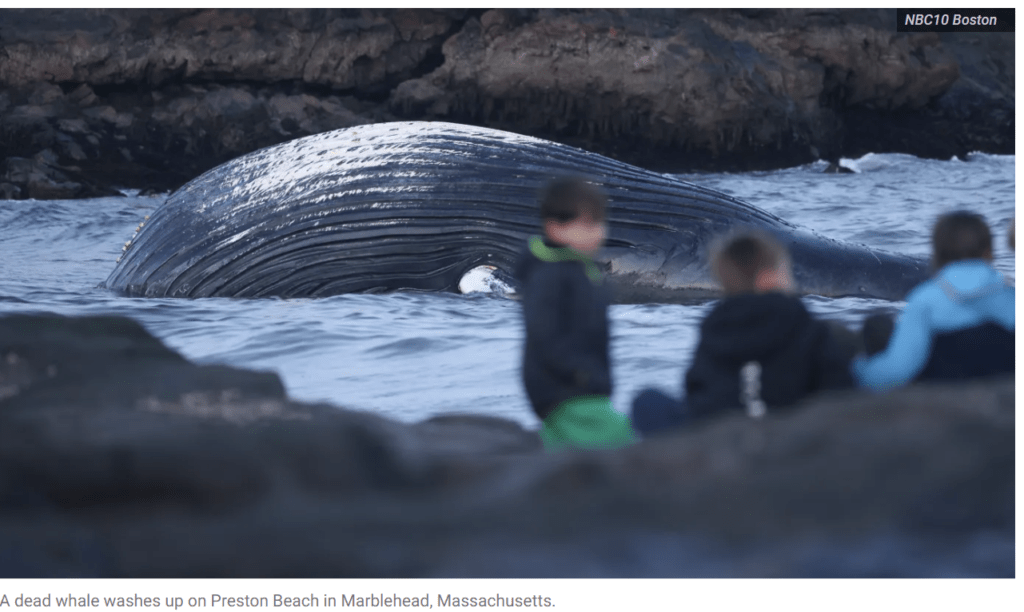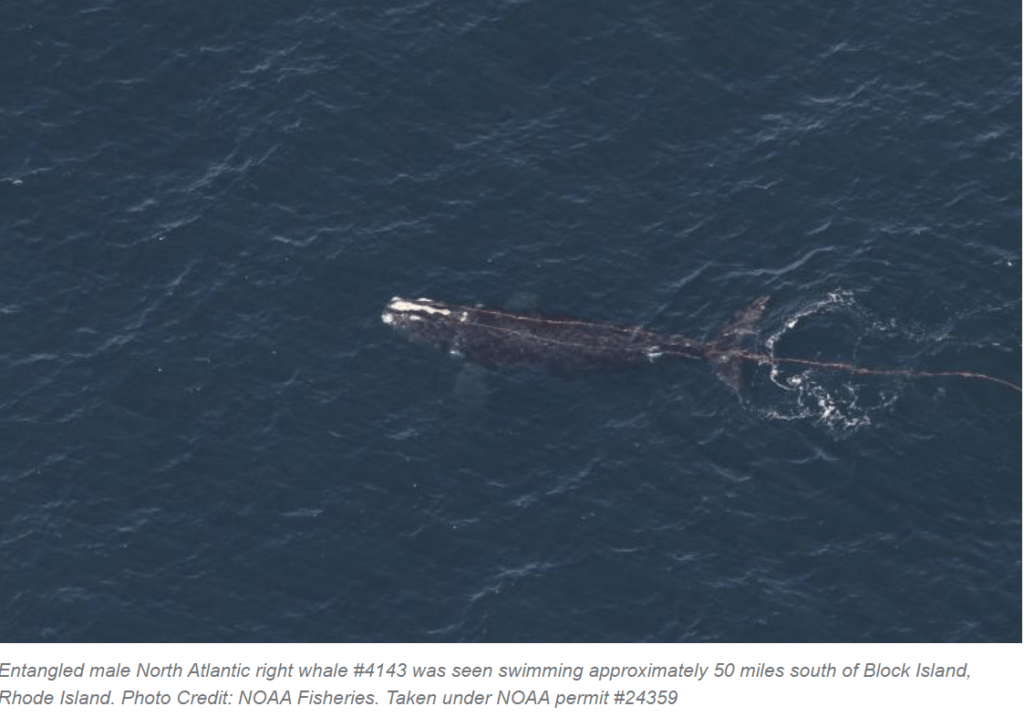Hello, I am JoJo, a one-year-old 10-pound male chihuahua mix.
I am here with my sister TeTe and we are a bonded pair, so we are hoping to be adopted together.
I am slightly more shy than her, but I do warm up very easily, as I tend to follow my sister’s lead.
I am very loving and playful and full of energy as I am still rather young. I really enjoy playing with my toys.
I like to get up on tall things outside when I am waiting to come in from recess. I like a good viewpoint.
I am well-rounded, vaccinated, and neutered. My sister is my best friend and we truly enjoy each other’s company, we give each other a bath and comfort one another, but are both somewhat outgoing and friendly.
If you think you may be interested in adopting this pair you can stop by any Tuesday-Saturday 10am-2:30p.m. for a kennel walk-through where you can view all the dogs in the kennel and pick up an adoption application while you are there.
You can also print out an adoption application on our website at www.shorespca.com or email us at shorespca@gmail.com and ask that an adoption application be attached and emailed back to you.
You can call the shelter Tuesday-Saturday 10am-3p.m. with any questions at 757-787-7385

Meet TeTe
Hi I am TeTe, I am a 1 year old female chihuahua mix weighing in at 12 pounds. I am very friendly and outgoing.
I thoroughly enjoy any and all affection and attention you can give me. I am part of a bonded pair (here with my brother JoJo) and am only slightly dominate over my brother. Besides typical sibling arguments, we are very comforted with each other.
I enjoy toys, and running around the recess yard with my brother.
We are both friendly and are quick learners.
I am spayed and up to date on all my vaccines.
If you think you may be interested in this sweet sibling pair you can stop by Tuesday-Saturday 10 a.m.-2:30p.m. for a kennel walk through and pick up an adoption application while you are there.
You can also print out an adoption application on our website anytime at www.shorespca.com or email us at shorespca@gmail.com and ask that an adoption application be attached and sent back to you.
You can call the shelter Tuesday-Saturday 10am.-3p.m. with any questions, at 757-787-7385







